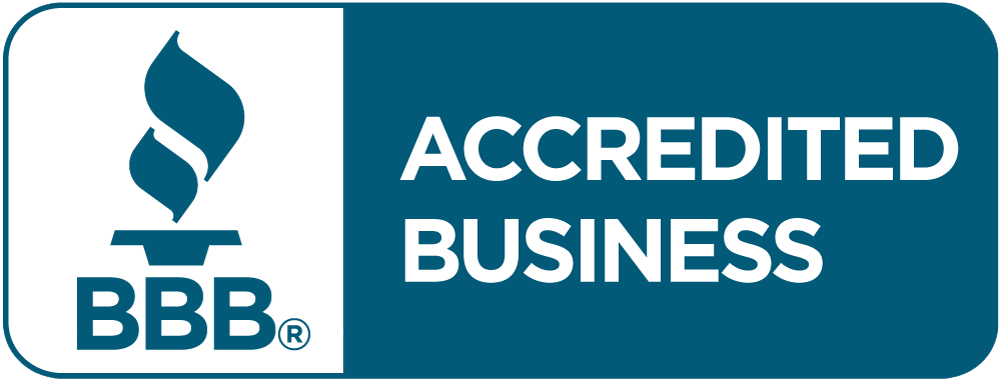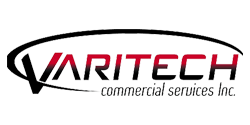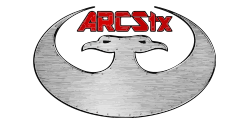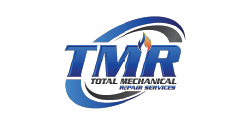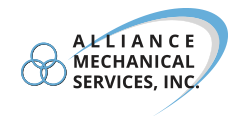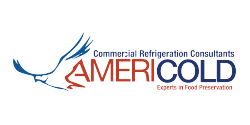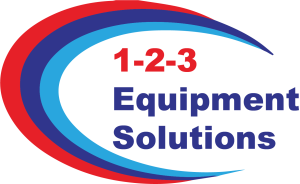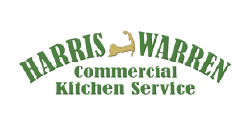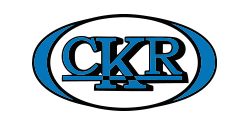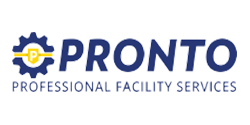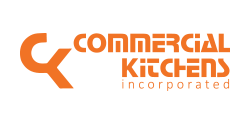FAQs on Keeping Foodservice Equipment in Shape for Summer

This summer’s record-breaking temperatures don’t just impact you, but also your foodservice operation. Our FAQ covers everything you need to know to keep your establishment running like a breeze for the rest of the season.
1. Why is it important to prepare foodservice equipment for summer?
- Summer temperatures can put extra strain on foodservice equipment, particularly refrigeration units and cooking appliances. Proper preparation helps ensure equipment runs efficiently, minimizes the risk of breakdowns, and maintains food safety standards during peak season.
2. How can I optimize the performance of my refrigeration units in hot weather?
- Regular maintenance: Clean the condenser coils to improve efficiency and prevent overheating.
- Proper ventilation: Ensure there is enough space around units for air circulation.
- Temperature monitoring: Regularly check and calibrate thermostats to ensure accurate temperature control.
- Door seals: Inspect and replace worn-out door gaskets to prevent cold air from escaping.
3. What are the best practices for maintaining cooking equipment in the summer?
- Exhaust systems: Clean and inspect exhaust hoods and filters to ensure they are free of grease buildup, which can cause overheating.
- Calibration: Ensure ovens, grills, and fryers are properly calibrated for consistent cooking temperatures.
- Deep cleaning: Regularly deep clean all cooking surfaces and components to prevent debris and grease buildup, which can cause fires and equipment malfunctions.
4. How can I keep my ice machine running efficiently during the summer?
- Location: Ensure the ice machine is placed in a well-ventilated area away from heat sources.
- Regular cleaning: Clean the machine regularly to prevent mold and bacterial growth, and descale to avoid mineral deposits.
- Filter replacement: Replace water filters as needed to maintain water quality and machine efficiency.
5. What steps should I take to prepare my beverage dispensers for summer?
- Sanitization: Clean and sanitize all dispensing nozzles, tubing, and reservoirs to prevent contamination.
- Refrigeration check: Ensure all built-in refrigeration units are functioning properly and maintaining the correct temperature.
- Carbonation systems: Inspect and maintain carbonation systems to ensure optimal performance and prevent leaks.
6. How do I maintain small appliances like blenders and mixers during warmer months?
- Inspection: Regularly inspect electrical cords and connections for signs of wear and tear.
- Cleaning: Thoroughly clean all components to remove food particles and grease that can cause overheating.
- Storage: Store small appliances in cool, dry areas to prevent overheating when not in use.
7. How can I prevent equipment breakdowns during peak summer months?
- Preventive maintenance: Schedule regular maintenance checks before the summer season to identify and fix potential issues.
- Emergency plans: Have an emergency plan in place, including contact information for repair services and backup equipment options.
- Staff training: Train staff on proper equipment use and maintenance to minimize user error and reduce wear and tear.
8. What are the signs that my equipment may be struggling with summer heat?
- Inconsistent temperatures: Equipment may struggle to maintain consistent temperatures, indicating it is working harder than usual.
- Unusual noises: Listen for strange noises that could indicate mechanical stress or impending failure.
- Increased energy usage: Monitor energy consumption; a sudden spike can be a sign that equipment is working harder than necessary.
9. Is there any special care needed for outdoor cooking equipment during summer?
- Weatherproofing: Ensure that outdoor equipment is properly weatherproofed and protected from the elements.
- Cleaning: Regularly clean grills, smokers, and other outdoor appliances to prevent grease buildup and rust.
- Storage: Cover equipment when not in use to protect it from rain, direct sunlight, and extreme temperatures.
10. Can I make any adjustments to extend the lifespan of my equipment in summer?
- Reduce strain: Avoid overloading equipment and try to spread out usage to reduce strain on individual units.
- Energy efficiency: Use energy-efficient settings and features, like eco-modes, to reduce wear and tear.
- Routine checks: Implement a routine check system to catch minor issues before they become major problems.
Have more questions? Visit our website or contact us to learn more.



